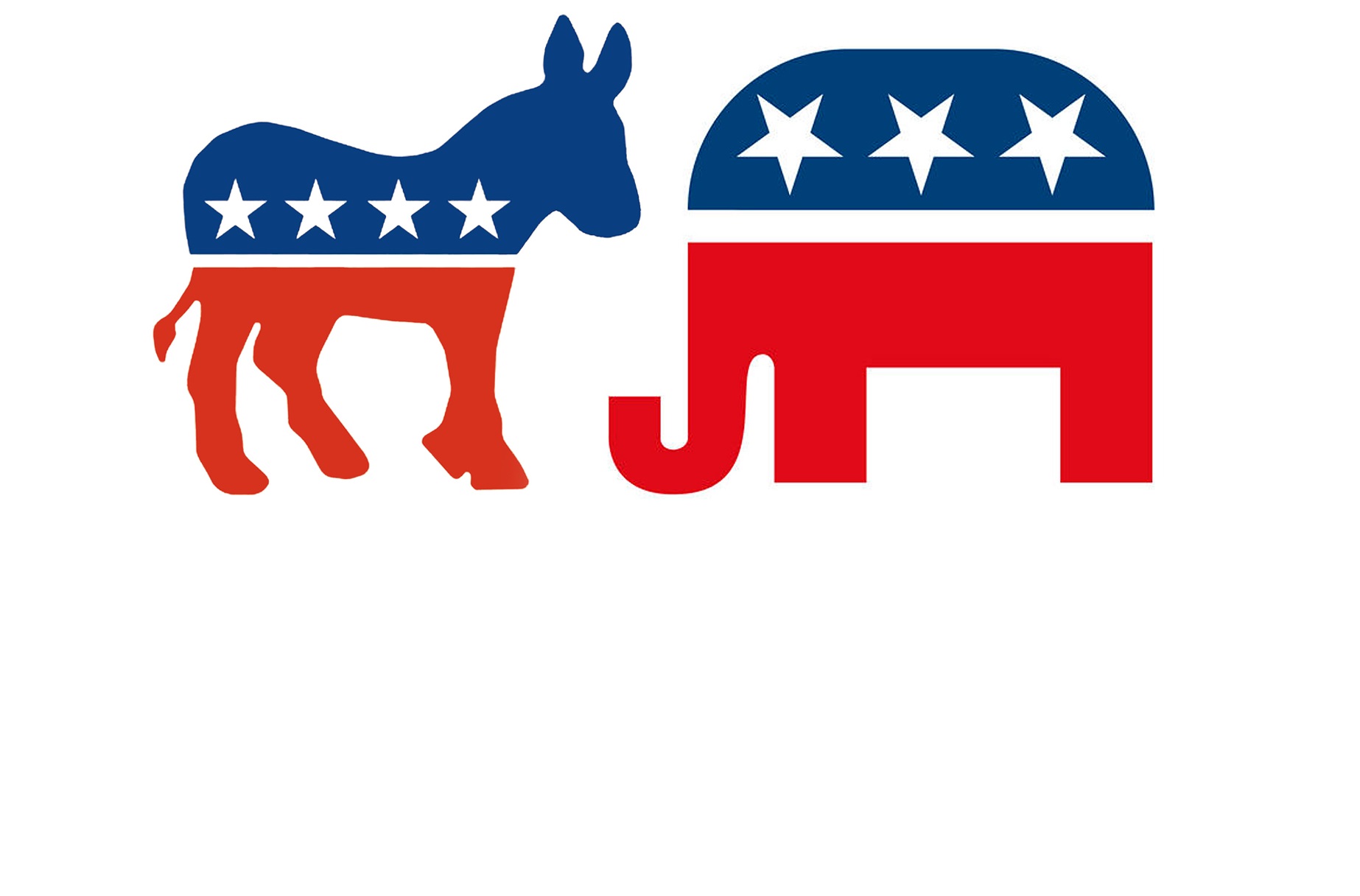The Citizen is a nonprofit 501(c)(3) entity, and does not directly or indirectly participate in, or intervene in, any political campaign on behalf of (or in opposition to) any candidate for elective public office or political party. No statement made here is intended as a statement of position in favor of or in opposition to any candidate for public office or political party.
Mayor Nutter recently got himself in a bit of hot water for having the gall to endorse candidates other than just Democrats. In the Council-At-Large race, Nutter endorsed incumbent Democrats Blondell Reynolds-Brown and Bill Greenlee, as well as party-anointed Derek Green. But it was his endorsement of independent candidate Andrew Stober—a former Nutter aide—that drew fire from the Democratic machine.
Let’s set aside the petty insider politics of whether it’s okay for Nutter to endorse anyone other than Democrats. And, let’s set aside the question of whether Council President Darrell Clarke is being hypocritical in his criticism of Nutter, given his decision to donate to Republican incumbents David Oh and Dennis O’Brien. (It’s amazing what you can spend your campaign money on when you don’t have to run a campaign yourself. Because they’re both right: We should all be paying attention to the Republicans and Independents in the at-large race.
This gets a little bit complicated, so bear with me. In the at-large race, each party can nominate up to five candidates for the seven available spots. This means that there will always be at least two at-large Council members from a “minority” party. In Philadelphia, the Republicans (along with Independents and third-parties) are the minority party given their 7-to-1 registration disadvantage. Each voter, though, only gets five votes. Since we can’t vote for every at-large Council member, we need to be strategic in how we use those votes.
Because of their massive registration advantage, all five Democrats are (essentially) guaranteed to win on November 3rd. In order for a Democrat to lose, they would have to finish 8th or worse among all candidates. In 2011, the Democrat with the fewest votes had 110,000 votes; to drop to eighth, he would have had to win only 38,000. This type of massive dropoff just simply isn’t going to happen, and in fact hasn’t in modern history.
This means that there are only two contested at-large seats, with all of the Republicans and Independents vying for those two slots. Why, then, would Nutter or Clarke waste the time, money, and energy endorsing Democrats, whose victory is a foregone conclusion? The best way to spend their political capital is on the Republicans and Independents. If I were they, I’d want to make sure that those two Council members were as aligned with my beliefs and interests as possible.
And every vote certainly matters for these seats! In 2011, the third-place minority candidate— aka the eighth place finisher, or first loser—was only 203 votes shy of being a member of City Council. Votes in close elections are much more meaningful than votes in runaway victories, and in 2011, a tiny number of votes swung the election for one of the seven at-large seats.
This is why you should think long and hard about how best to spend your votes. Now, since The Philadelphia Citizen is a 501(c)(3), we’re not allowed to advocate for or against any candidates or parties, or to tell you how to use your valuable votes (which could be worth $10,000!). But if I only get a say in two of the seven at-large seats, then I’m going to do what I can to make sure that we get the best Council members possible regardless of party. As our city’s top political leaders, Nutter and Clarke, have shown us, it’s not disloyal to support members of an opposing party under the right circumstances. In fact, it would be disloyal to the city to leave those important offices up to chance.





